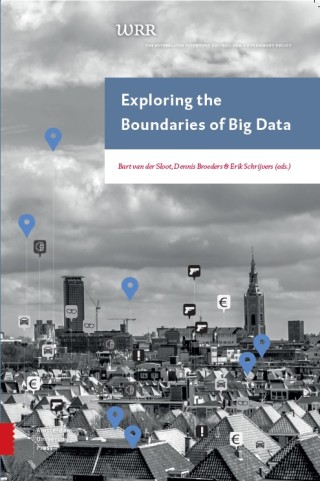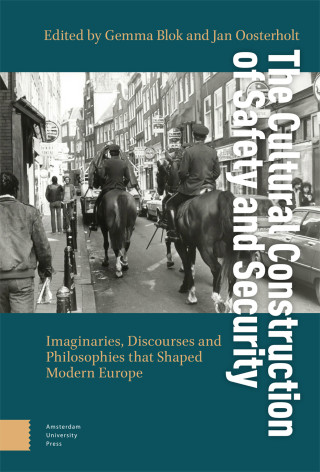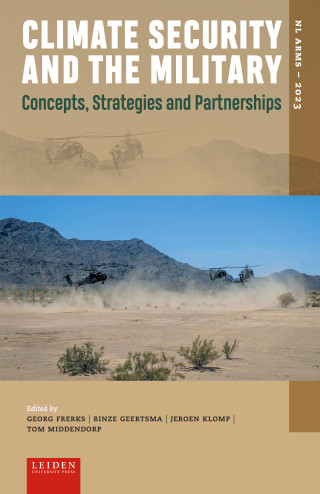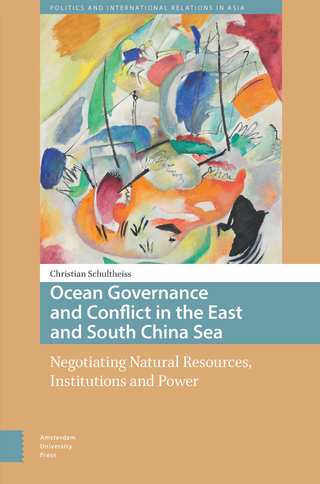Cultural Security in Contemporary China and Mongolia applies the term “cultural security” not exclusively to state- or institution-implemented processes, but also considers the indigenous, bottom-up, and inside-out mechanisms of establishing and maintaining communal cultural security of an ethnic group. Markers of cultural identity differ according to an inside and outside perspective and can be re-defined according to inner or outer circumstances. Importance of these markers increases when a community feels endangered in their cultural existence, or diminishes when perceived cultural identity is not questioned. The dynamics shaping cultural security are illustrated in examples of ethnic communities in the People’s Republic of China and in Mongolia.





